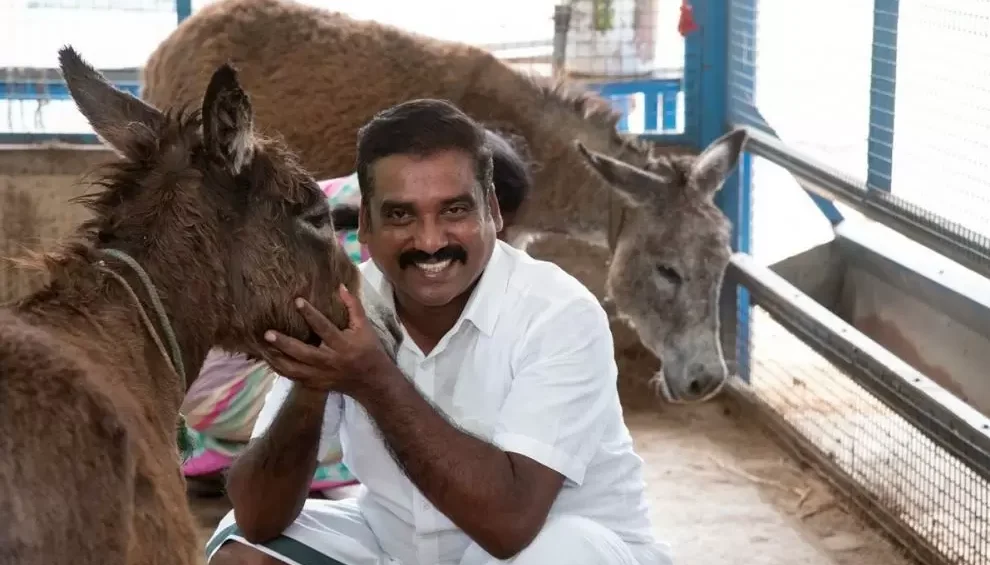LinkedIn influencer Abhishek Kar argues that a ₹60 lakh “tax‑free” Dubai Jobs can, in real life, leave you worse off than a ₹45 lakh role in India and his reasoning is setting off a heated debate among white‑collar workers.

A viral post that punctures the “tax‑free” myth about Dubai Jobs
In a post that has struck a nerve with mid‑career professionals, Abhishek K lays out a simple dilemma through an archetypal candidate, Aarav: a ₹45 lakh per annum (LPA) offer from a top Indian MNC versus a ₹60 LPA, “tax‑free” package from a Gulf employer. Friends say the Dubai offer is a no‑brainer. Abhishek says the arithmetic and the life calculus, tell a different story.
The cold math of living costs
Abhishek’s core claim: tax‑free is not expense‑free. He points to sharp differences in day‑to‑day outlays that can wipe out headline gains:
- Housing: A 2BHK that might cost about ₹60,000/month in Mumbai could run ₹2.3 lakh/month in Dubai, he notes.
- Groceries & utilities: Groceries at ~2x India levels; utilities 3–4x, by his estimate.
- Schooling: For families, fees can climb to ₹15 lakh a year.
Add that up, he argues, and the notional ₹15 lakh “extra” in Dubai shrivels to nearly ₹1.7 lakh. One unexpected medical bill or emergency, and the supposed premium could flip into a deficit. (Figures above are as cited by Abhishek K; actual costs vary by location, lifestyle and plan.)
The career ceiling and the visa clock
The second leg of Abhishek’s argument is about trajectory. Year one in Dubai may feel like a leap. By year five, he warns, growth can stall as senior roles tilt towards local nationals, creating a glass ceiling for expatriates. The risk is compounded by residency rules: lose your job and the countdown begins.
Abhishek highlights a 30‑day window to exit, a stark reminder that career setbacks abroad can quickly become relocation crises. (Grace periods can differ by visa type and policy; Abhishek’s point is the uncertainty and pressure expats face.)
Belonging vs. Bubble
Beyond money and titles, Abhishek frames a social trade‑off. In India, professionals often lean on family networks, alumni circles, and long‑standing relationships that quietly open doors. In Dubai, many expatriates live within short‑stay social bubbles where friends and colleagues come and go. Citizenship remains out of reach for most, he notes, making many expats feel like permanent guests.
A tale of two growth stories
Abhishek’s macro lens is simple: Dubai is a well‑oiled sports car, fast, efficient, but not accelerating much faster. India is a messy freight train leaving the station, crowded, chaotic, but gathering momentum. For mid‑career talent, he argues, the compounding of opportunity, promotions, equity, side‑projects, social capital is increasingly India‑centric. In this telling, betting on home soil could yield deeper, more durable returns than chasing a slick salary abroad.
The Aarav example and the real question
Through Aarav, Abhishek simplifies a complex life choice into a balance sheet of trade‑offs. If Dubai’s higher cash number melts under higher expenses, if career mobility narrows, if social anchors weaken, then the “obvious” choice isn’t obvious at all. Or as he puts it: “You don’t build a life in a place that can evict you in 30 days.”
What’s true, what varies
- Costs: Housing, utilities, schooling and healthcare can indeed swing totals dramatically. Abhishek’s figures offer a directional view; actuals depend on neighbourhood, lifestyle, benefits (housing/education/insurance), and exchange rates.
- Careers: Experiences vary by industry and employer. Some professionals do break ceilings or return to India with stronger CVs and savings. Others plateau.
- Residency: Visa rules change and grace periods differ. The point stands: your right to stay is employment‑linked, which adds stress if a role ends unexpectedly.
The bottom line
Abhishek K’s post is resonating because it re‑prices the hidden line items: security, mobility, and belonging. A bigger payslip isn’t the whole story if monthly burn, career upside, and visa risk are pulling the other way. For many, the smarter long game could be India, where the growth is broad‑based, networks are deep, and compounding can work in your favour.
A quick checklist if you’re weighing similar offers
- Total Cost of Living: Rent, transport, utilities, groceries, schooling, healthcare. Price real apartments, not averages.
- Benefits: Housing allowance, schooling support, family insurance, relocation, annual tickets and whether they’re guaranteed.
- Career Path: Promotion odds, visa‑linked role tiers, internal mobility, and whether senior roles are open to expats.
- Visa & Cushion: Grace period on job loss, spouse work eligibility, emergency fund size, exit costs.
- Life Fit: Proximity to family, childcare, community, and long‑term goals (home ownership, citizenship, roots).
Analysis and figures referenced from a post by LinkedIn influencer Abhishek K. This report interprets his framework for readers, with context on what may vary by person and plan.
Also Read: Adda247 Secures $35M to Expand Govt Exam Edtech Platform























